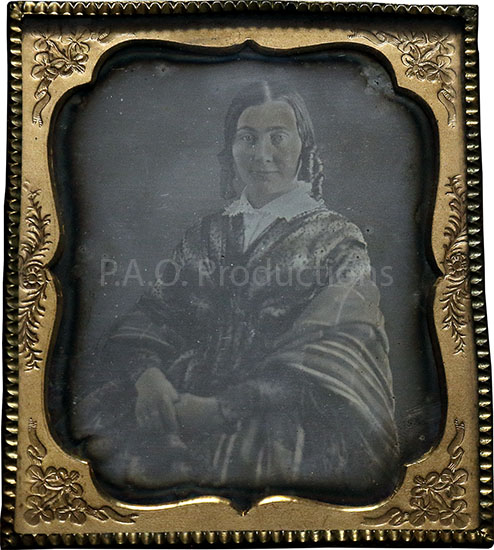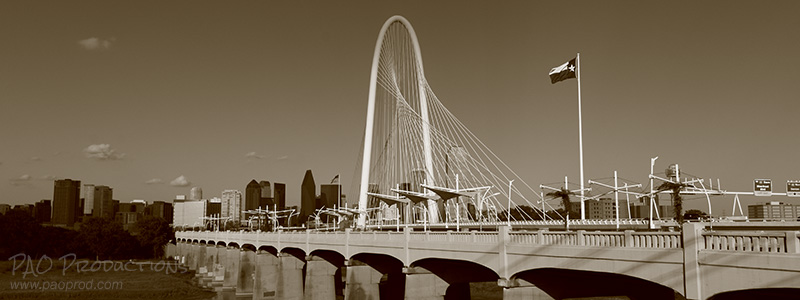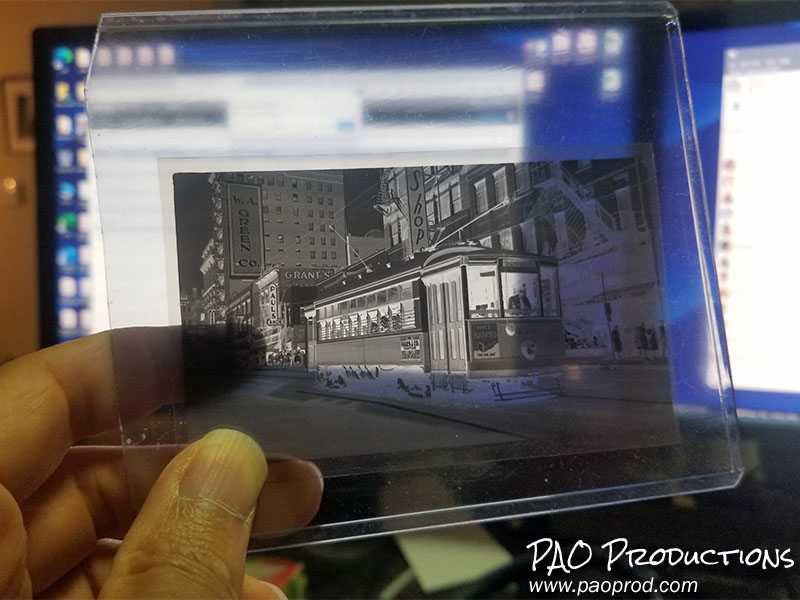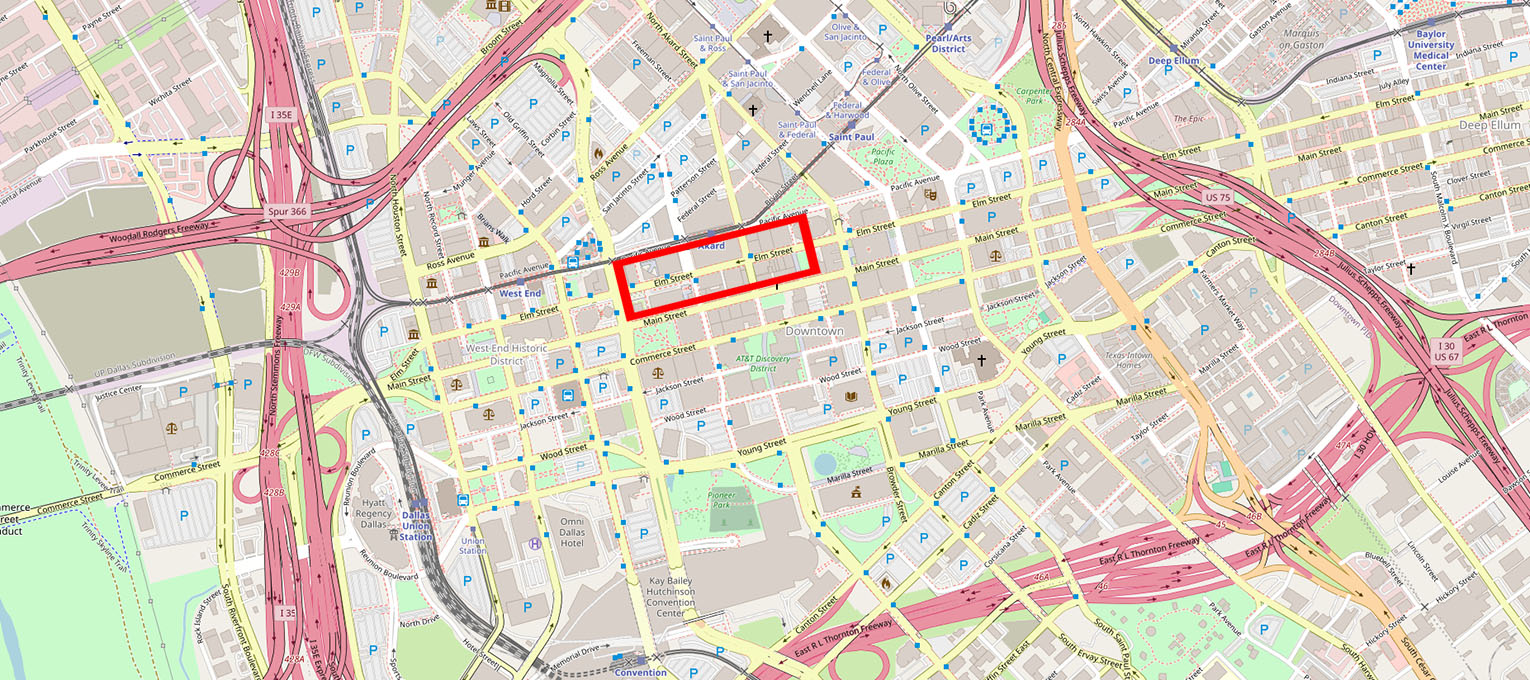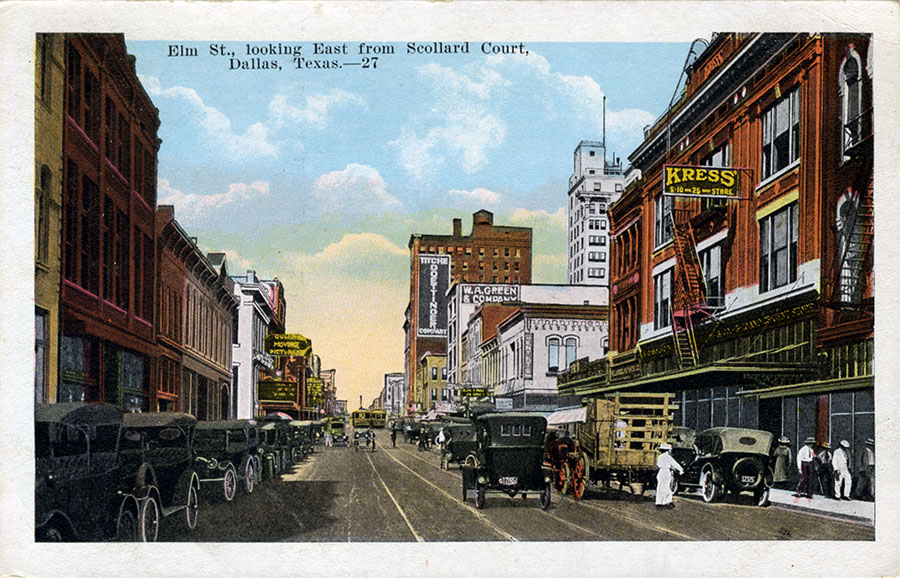Note that I already penned a blog post spotlighting early Dallas cabinet cards, so I'm not including anything from that category of photos here. Some of these have seen prior publication in this blog in previous entries.
Daguerreotype of young lady, 1/6 plate, circa 1840s
This portrait of a young lady is said to date to sometime during the 1840s, making it the oldest photo in my collection as of this writing. The ringlets in the woman's hair are a particular draw for me stylistically, and, unlike most photos from this period, you can see a bit of a smile playing upon her lips. Daguerreotypes consist of sheets of silver-plated copper, very highly polished and chemically treated to be light-sensitive. The image consists of the same silver as the surface upon which it sits, meaning that the appearance of the photo alternates between a positive and negative image depending on how the available light hits it. Daguerreotypes are very fragile objects and are usually presented behind glass-plated frames, which are stored inside latched, decorative cases. Mine came without a case, but I immediately placed it into one upon receipt.Unfortunately, I have no information on the location, the photographer, or the identity of the woman in the photo. What I can say is that having one daguerreotype makes me want to have another. This was purchased from an online seller in mid-January 2025.
